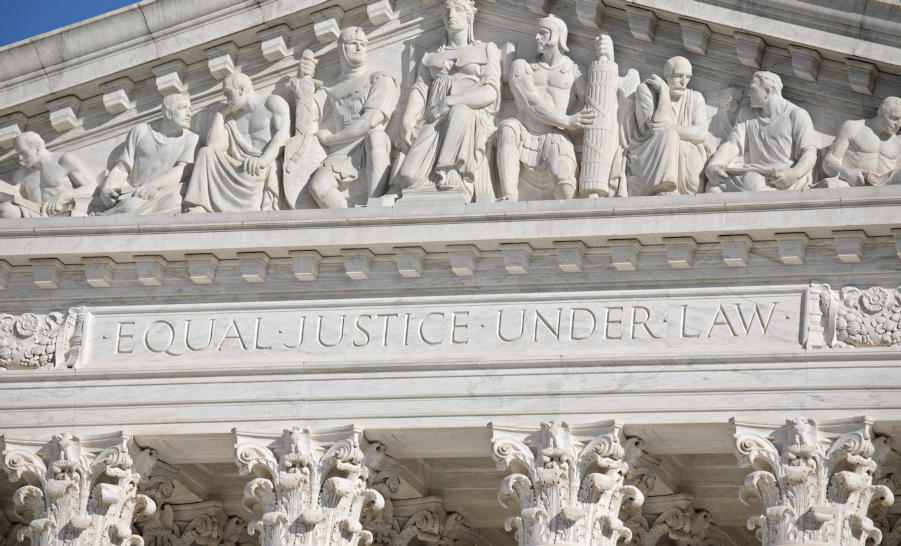Achieving Equity for Latino Students
This book provides a critical discussion of the role that select K–12 educational policies have and continue to play in failing Latino students.
Questions in Politics / December 2023

Data indicates that law school classes are becoming slightly more diverse, but questions remain regarding what can be done at the undergraduate level to foster a bridge for future aspiring law students that leads to increased representation in the legal field. The needle toward increased racial diversity in law school continues to move slowly, suggesting there are still holes to be plugged. Among the suggested areas for improvement in the literature, and the area in which the authors are focused, is the importance of undergraduate institutions providing “robust” advising and mentoring to at-risk students (Cochran and Walker 2021,16). This work adds to the growing area of literature that focuses largely on pipeline programs, which are valuable, law school-driven “top down” models, and to propose a complementary “bottom up” model that the authors have successfully implemented at their institution, and which can be adapted by other undergraduate programs. This model attempts to address several issues that first-generation and under-served students face by having the undergraduate university take more of an active role in the continuum of a student’s professional development. This role extends into the classroom in the form of practical, hands-on instruction, and actively involves faculty. While the scope of this work is not to solve the long-standing retention woes of many an undergraduate administrator, the authors do suggest a specific implementation plan to keep at-risk students engaged in their study and pursuit of a legal career.